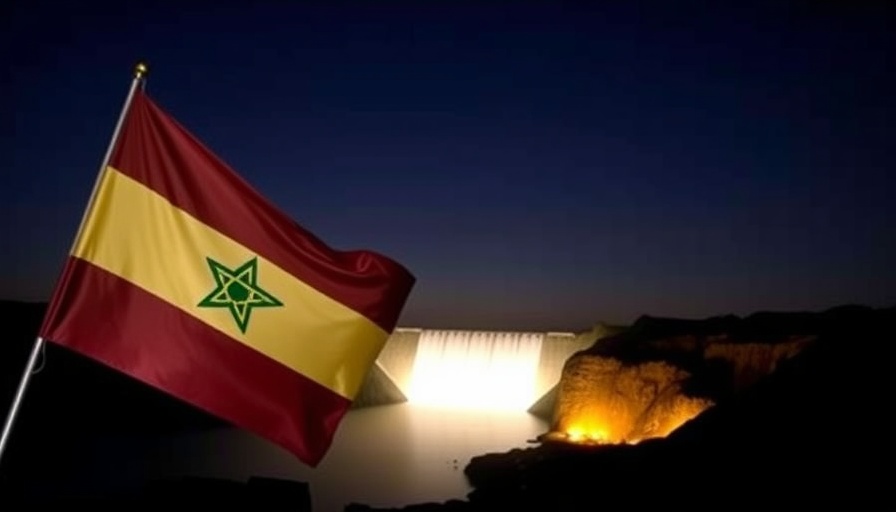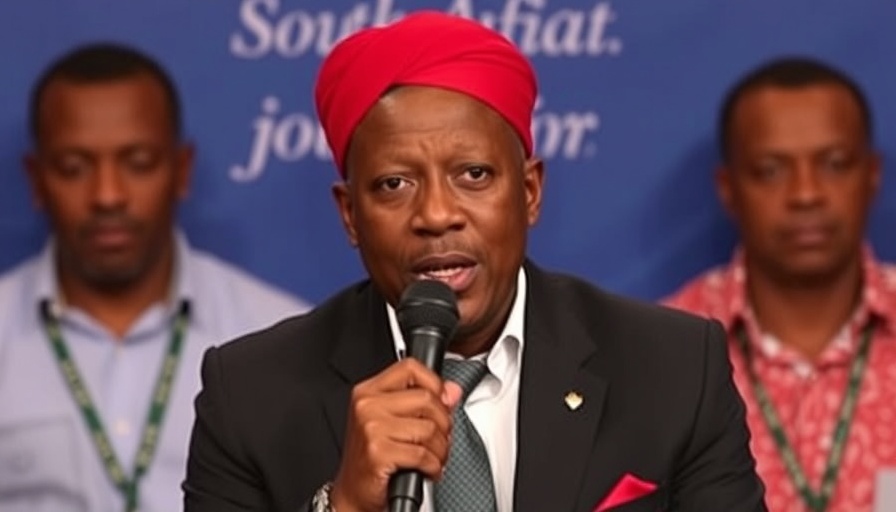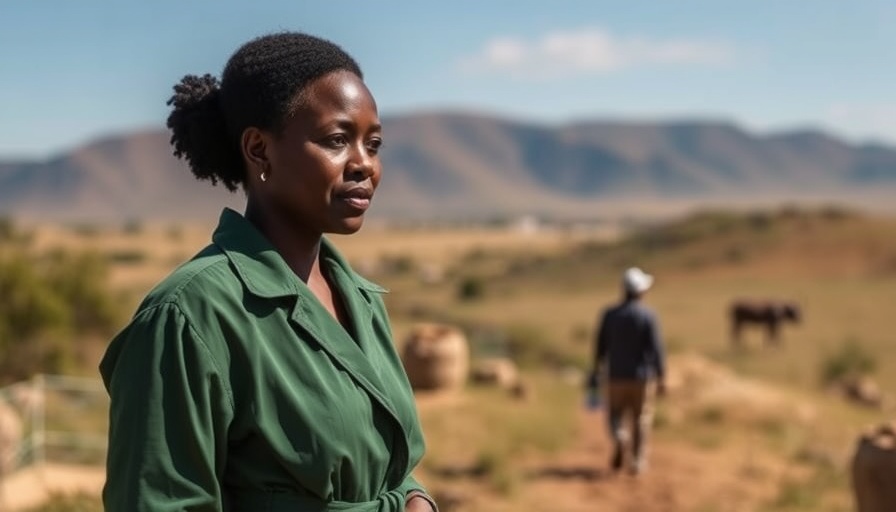
Ethiopia's Grand Renaissance Dam: A New Era
Ethiopia's completion of the Grand Ethiopian Renaissance Dam (GERD) has marked a significant milestone not only in the nation's ambitious development agenda but also in the complex geopolitics of East Africa. While the dam is envisioned as a beacon of progress for Ethiopia, generating over 6,000 megawatts of hydroelectric power, its implications ripple across regional relations, especially with Egypt and Sudan, both of whom rely on the Nile for freshwater supplies.
Diplomatic Engagement: A Shift in Strategy
In a surprising move, Ethiopia has reached out an olive branch to Egypt, signaling a willingness to engage more cooperatively amidst ongoing tensions surrounding water rights. This diplomatic overture might enable both nations to navigate the intricacies of shared water resources, a critical issue that has historically strained their relations. Policymakers and investors should note the significance of this shift, as stability in the Nile Basin has direct repercussions on broader economic policies and investment opportunities within the region.
The Economic Stakes: Powering Africa's Growth
The GERD is projected to not only provide substantial electricity but also stimulate economic activity in Ethiopia and neighboring nations. For business leaders and investors keenly watching Africa's role in the global economy, the dam represents both a potential powerhouse and a point of contention in trade dynamics. Effective management and mutual agreements on the Nile's resources could unlock considerable growth opportunities, bolstering Africa's financial markets while ensuring equitable resource distribution.
Future Predictions: Navigating Geopolitical Waters
Looking ahead, the unfolding narrative around the GERD may necessitate further conversations about water governance in Africa. Countries might be compelled to forge new alliances and collaboratively develop frameworks for water resource management. As African nations assert themselves on the global stage, particularly in frameworks like BRICS, the stakes are high for ensuring sustainable development that balances growth with environmental stewardship.
Conclusion: What This Means for Stakeholders
For investors, policymakers, and academics, understanding the implications of the GERD's completion is critical. This development may reshape not just energy landscapes but also the geopolitical dynamics within Africa. As Ethiopia offers a cultural olive branch to Egypt, the potential for collaboration in managing the Nile could lead to a new chapter of mutual prosperity. With the right diplomatic and policy measures in place, Africa's vast resources can be harnessed to benefit all, driving the continent towards a sustainable and prosperous future.
 Add Row
Add Row  Add
Add 


Write A Comment